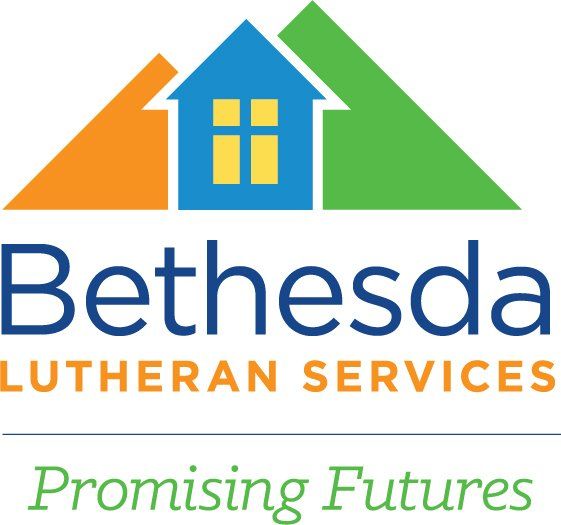Evidence- or Research-Based Programs
HealthRHYTHMS® Therapeutic Drumming Program
A fun, evidence-based, therapeutic strategy that promotes socialization and builds bridges while encouraging nurturing, support, camaraderie, self-respect and respect for others. HealthRHYTHMS® also helps children and youth establish and maintain positive coping skills.
The National Youth Project Using Minibikes (NYPUM)
A therapeutic tool used to reinforce positive behavior. The main idea of NYPUM is to team youth with a caring and certified adult and to get out and ride minibikes. Youth learn to care for their bike and how to ride safely. The benefits of the program are that the youth learn to care for themselves, build self-esteem, learn discipline, and learn how to work with others.
Aggression Replacement Training® (ART)
ART is an evidence-based, cognitive behavioral intervention program to help children and adolescents improve social skill competence and moral reasoning, better manage anger, and reduce aggressive behavior. This curriculum includes manuals, assignments and a pretest and post test. All youth in all levels of programming will complete this as part of their treatment.
Seeking Safety
Seeking Safety is a relatively modern evidence-based treatment model that treats co-occurring post traumatic stress disorder and substance abuse. Lisa M. Najavits, Ph. D. began developing the Seeking Safety treatment model in the 1990's, with assistance from the National Institute on Drug Abuse. There are 25 coping skills taught in Seeking Safety. Every skill applies to both trauma and addiction independently and simultaneously. Not all participants may have an addition either. Some categories of skills include: Setting Boundaries in Relationships, Honesty, Compassion, Healing from Anger, and Recovery Thinking. The main aim of these skills is to help patients attain safety in their relationships, thinking, behavior, and emotions.
BrainWise
BrainWise is a comprehensive program that gives us the tools to help students make good decisions. This evidence-based curriculum combines academic knowledge, emotional understanding, and practical applications and communication to help teach youth to learn how to make responsible decisions, giving us the tools we need to make a difference in our youths’ ability to make life decisions appropriately and effective. The BrainWise program recognizes how students think and works with, not against, the mental and emotional realities common in youth. The program is taught to children in kindergarten through elementary, middle, and high school and is currently being implemented in the Partial Hospitalization Program and on the residential units.
Additional Therapies
Various therapists trained and/or certified in Trauma-Focused Cognitive Behavioral Therapy (TF-CBT), Eye Movement Desensitization and Reprocessing (EMDR), Dialectical Behavioral Therapy (DBT), and Attachment Based Family Therapy (ABFT)
